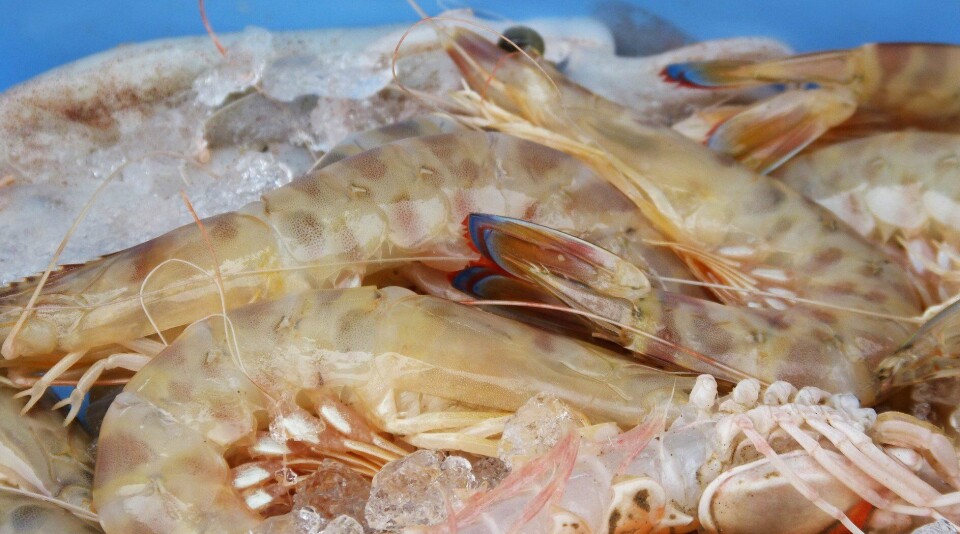
Coming to restaurants soon: Scottish warm-water shrimp
Aquaculture company Great British Prawns has revealed plans to grow more than a million vannamei shrimp per cycle in a land-based “clear water” prawn operation at a dairy farm in Scotland.
The start-up company, which last year raised £3 million in funding, uses recirculating aquaculture system (RAS) technology to produce Pacific whiteleg shrimp, known as king prawns in the UK.
The shrimp farm, at Balfron in Stirlingshire, covers 1500m² and will use sustainable energy from an anaerobic digester on a neighbouring dairy farm, along with high levels of insulation to farm the warm-water species. In warmer countries, vannamei takes around four months to reach the 25g weight that the shrimp will be harvested at.
£23 per kilo
It won’t require the antibiotics and other medication used widely in the existing prawn farming industry.
The shrimp can be delivered from tank to plate within 24 hours and will initially be supplied at £23 per kilo to restaurants within a two-hour drive from the farm, a distance that includes Glasgow and Edinburgh.
The company plans to open other farms across the UK shortly.
Most king prawns eaten in the UK come frozen from the Far East and Central America and have to be shipped 6,000 miles to UK customers.
‘Growing UK demand’
Chairman and commercial director James McEuen said consumers are increasingly concerned about the environmental impact of seafood production, and that to be sustainable the future of aquaculture “really has to be land-based”.
“This farm has the potential to lead a transformation in the way seafood is produced.
“We aim to meet growing UK consumer demand for regional and local food production with the reassurance of outstanding husbandry, provenance and sustainability.”
Technical director Dr Andrew Whiston said: “I’ve worked in aquaculture engineering for more than 25 years and this project is truly setting a worldwide precedent that will change the way prawns are farmed in the future.”






















































